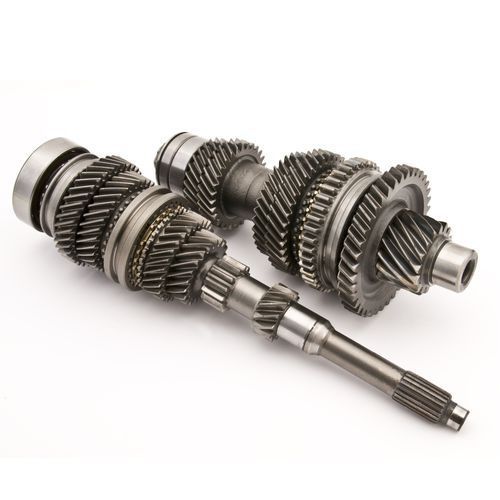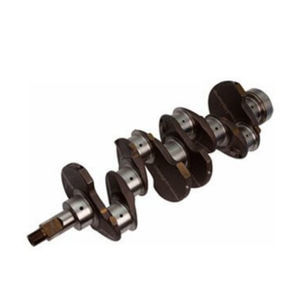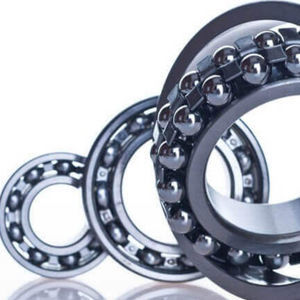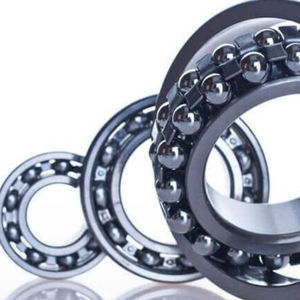

- Products
- Catalogs
- News & Trends
- Exhibitions
LPC carburizing for the nuclear industryOHSAS 18001ISO 9001
Add to favorites
Compare this product
Characteristics
- Type
- LPC
- Applications
- for the nuclear industry
- Certifications
- OHSAS 18001, ISO 9001, ISO/TS 16949, ISO 14001
- Production method
- small series, medium series
Description
LPC is a case hardening process carried out in a vacuum furnace using hydrocarbon gases at very low pressure and elevated temperatures to obtain a hardened surface layer of tempered martensite and a tough core. The treatment is used to increase the wear resistance and fatigue life of components.
Benefits
-The pitch to root ratio of the carburised layer (case depths) in gears is almost 1:1 (uniform).
-High hardness below the surface compared to conventionally carburised parts.
-Faster cycle times.
-Parts can be carburised between 930°C and 1000°C (1700° and 1830°F).
-Penetration of carbon in deep blind holes resulting in uniform hardness on the entire profile.
-Carburising of small holes and blind holes.
-Avoidance of part cleaning after the heat treatment due to high pressure gas quenching (dry quench).
-Reduction of dimensional alterations by temperature-independent heat transfer during high pressure gas quenching.
-Enhanced mechanical properties – elimination of inter-granular oxidation layer, improved fatigue properties.
-Dimensional control – low distortion, predictable and repeatable
-Environmentally friendly
-Reduced manufacturing steps such as post grinding, cleaning and inspection
-Enhanced cleanliness of products
-Precise control of case depth, microstructure and hardness
-Better case depth uniformity for complex shapes. Case depth uniformity can be maintained within ±0.002” in most cases.
Application & materials
Typical applications of LPC include gears, shafts, axles, nozzles, injectors, spindles etc.
Catalogs
No catalogs are available for this product.
See all of Bodycote‘s catalogsExhibitions
Meet this supplier at the following exhibition(s):

Related Searches
- Anodic oxidation
- Aluminum anodic oxidation
- ISO 9001 anodic oxidation
- Large series anodic oxidation
- Small series anodic oxidation
- Medium series anodizing
- Automotive anodic oxidation
- Hardening
- Metal hardening
- Medical anodizing
- ISO 9001 hardening
- ISO 14001 anodizing
- Large series hardening
- Medium series hardening
- Automotive hardening
- Small series hardening
- Steel hardening
- ISO 14001 hardening
- Hardening for the food industry
- Stainless steel hardening
*Prices are pre-tax. They exclude delivery charges and customs duties and do not include additional charges for installation or activation options. Prices are indicative only and may vary by country, with changes to the cost of raw materials and exchange rates.




























